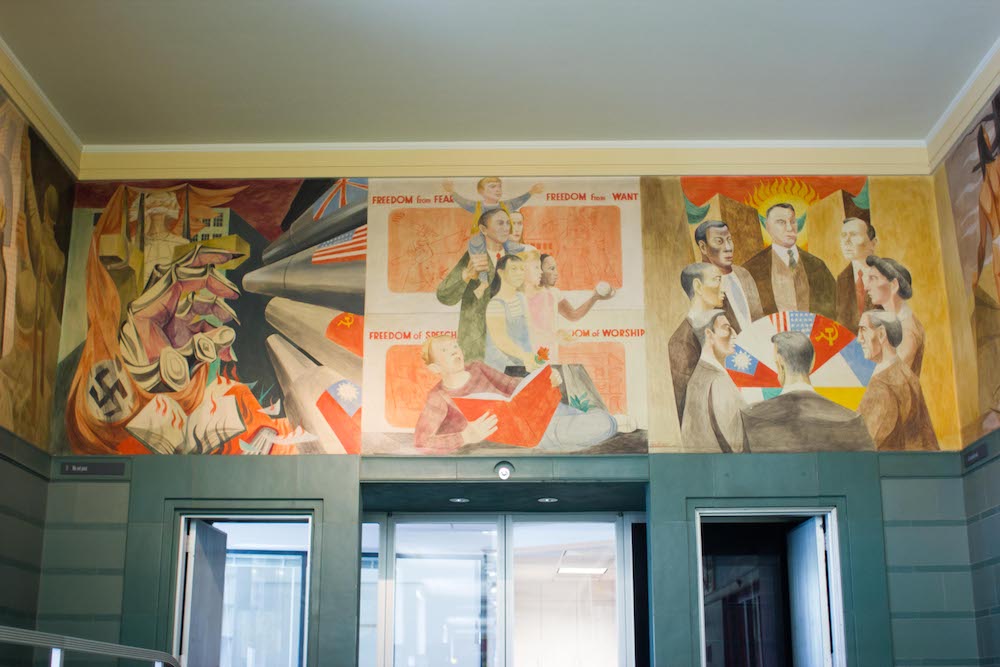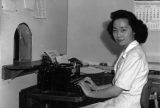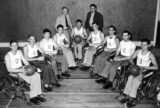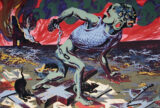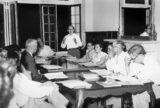The Mural So Controversial Nixon Tried to Remove It
75 Years Later, ‘War and Peace’ Survives, But Its Ideals Have Not
As multiple crises pile atop one another in the young 21st century, a tripartite mural at a former San Francisco post office lobby rebukes us with its dated optimism.
“War and Peace,” by the artist Anton Refregier, is a reminder of what might have been had the U.S.—and the world—learned enough from two catastrophic wars and the rise of fascism between them to have chosen a different path. When Refregier painted it 75 years ago at one end of the Rincon Annex post office building in downtown San Francisco, the mural …




